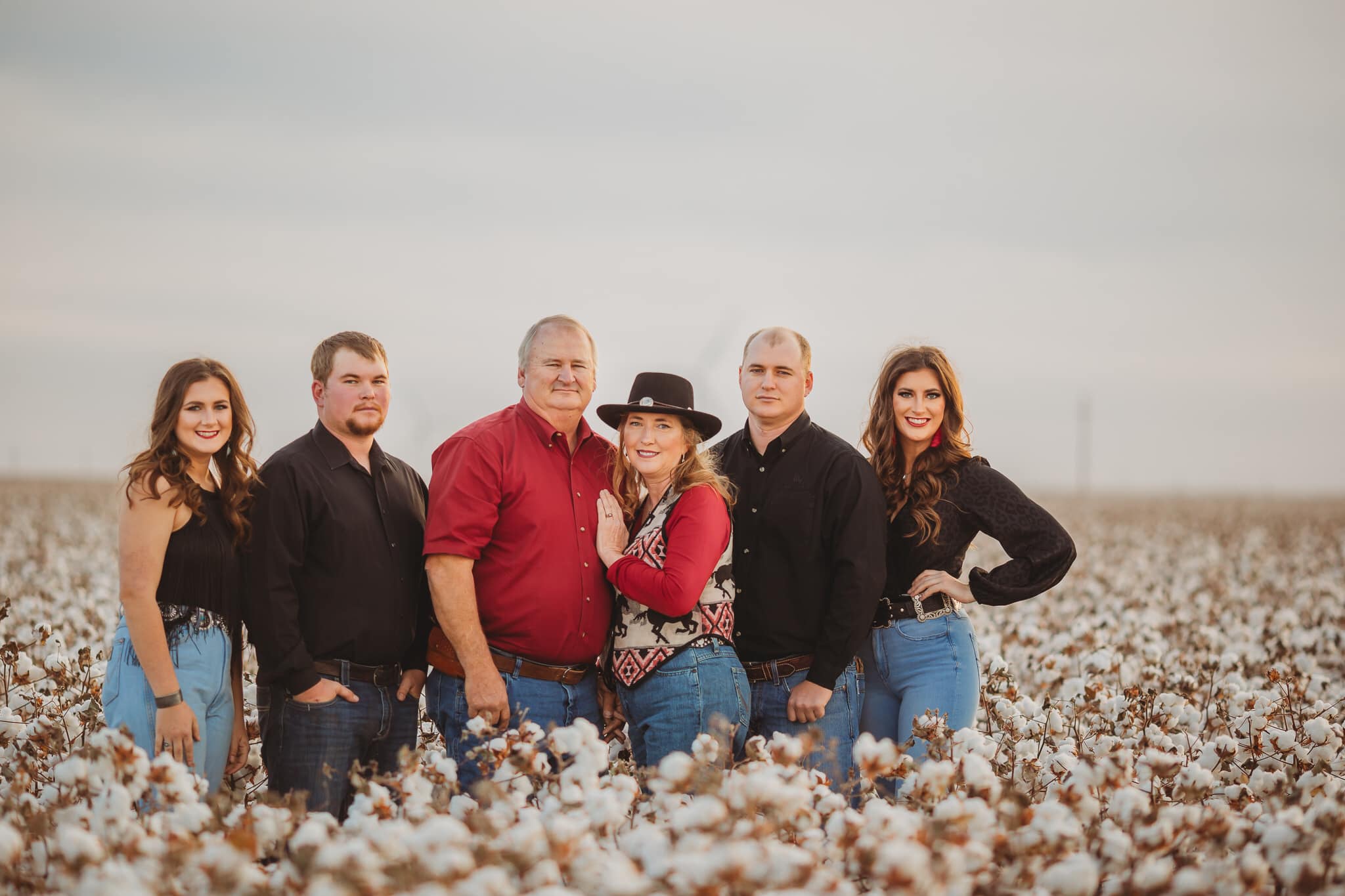The best time to call a farmer is when they’re on the tractor, according to Lloyd Arthur, a producer in Crosby County who had some time on his hands to chat as he prepared his fields for planting season.
Q: How long have you been farming?
A: I started in 1981. I partnered with my dad and brother, which later turned into a partnership with one of my sons and my wife. Our operation is about one-third of the size it was at one time; however, I’ve learned that bigger is not always better.
Q: Was farming always the dream?
A: No, in fact, I told my dad at my high school graduation that I’d never farm. I guess never say never. I grew up in it and thought there were bigger and better things out there and wanted to try something different.
Q: But…you’re farming?
A: Well, I did help on the farm through college to help pay for school, but never thought it would be my livelihood. Then my junior year at Texas Tech University, I came down with Guillain-Barre syndrome, which is a rare disorder where the body’s immune system attacks the nerves. After spending two semesters in the hospital, I didn’t finish college. I rearranged my priorities after laying in the hospital bed near death and went back to my roots. Spending 70-some-odd days in the hospital at 24 years old changed me as a person and I decided family and heritage were more important. I’ve been farming since.
Q: What is special to you about your farm?
A: Well, I was born and raised a quarter mile from where I currently farm. When my mother passed away, I found many historical things while organizing her estate. One document I found proves that my grandfather on my dad’s side was enrolled in the U.S. Department of Agriculture Cotton Tag Exemption Program. Evidently, you paid a tax to get a bale tag unless you had tax exemption papers like the ones I have of my grandfather’s. I have a collection of gin signs as well that are housed in a building we built on the farm for people to come out and tour our operation or some community organizations use it for board meetings.
Q: Do you have any hobbies?
A: My ‘therapy’ as I call it is restoring and refurbishing classic cars. I don’t get to do it as much as I would like, but I have a couple of cars that I’ve restored with my brother and my children. My wife collects animals. She’s got rabbits, horses, quail, miniature donkeys — sometimes I don’t even want to go out to the barn because I’m afraid there’s going to be even more animals in there. We have some Labrador puppies out there right now if anyone’s interested.
Q: What keeps you going in the tough years?
A: First and foremost you need to have passion for what you do. I’m passionate about this. I used to be a little too passionate where every little thing would just send me into a tailspin, but I’ve mellowed over the years and I don’t worry so much about what I can’t control. Because, in farming, most of it is out of your control. I put my blood, sweat, and tears into this ground every year, and I enjoy the challenge of bringing in a crop.
And seeing your children grow up in a lifestyle where they can walk out the door and entertain themselves outside for hours. You can’t put a price on the type of freedom farmland gives you or that my children had in this environment. It makes children resourceful — mine were always building things. When My son, Brady, was a senior in high school and my older son, David, was a freshman in college they designed a pivot service crane, which has been patented. My oldest daughter, MaKayla, works at the Texas Capitol advocating for agriculture and my youngest daughter, Jadeyn, is in the first class at the new Texas Tech University School of Veterinary Medicine. The resiliency and resourcefulness of my children comes in large part, I think, from the environment they were raised in. And that’s why I farm.
